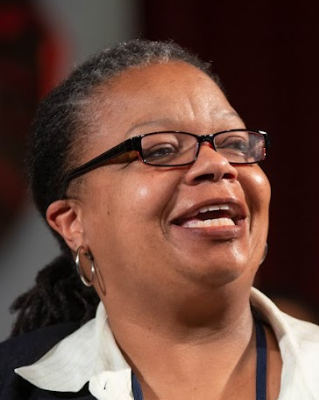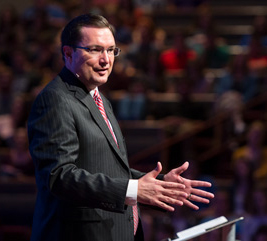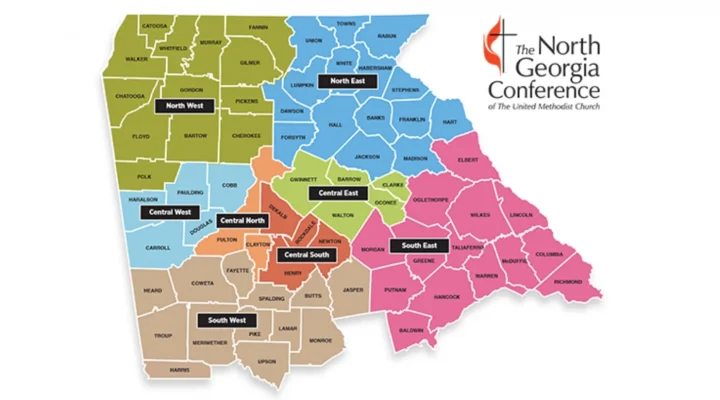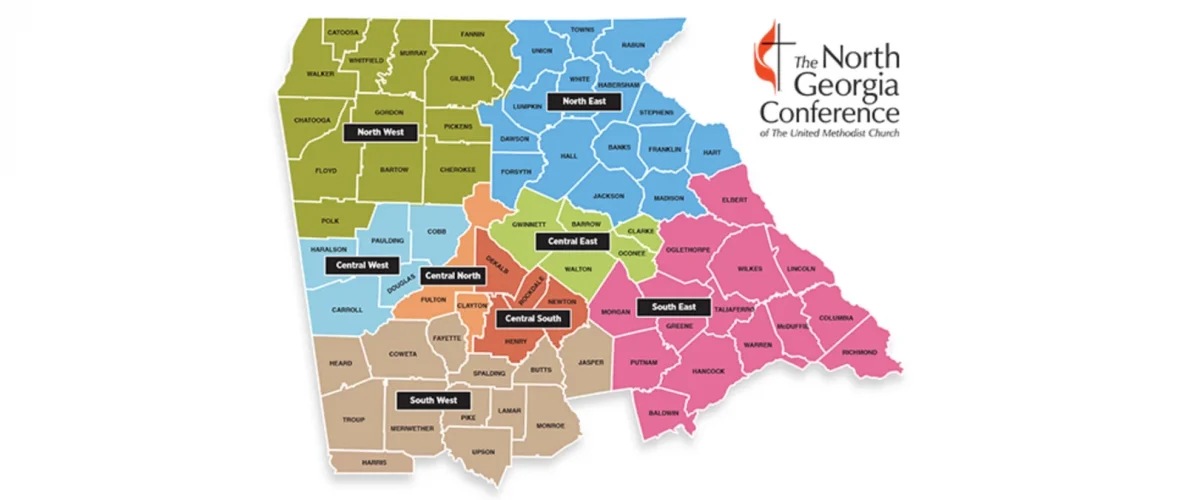A group of 186 churches and one individual church have filed separate lawsuits to get the North Georgia regional conference to re-start the process for leaving The United Methodist Church.
The lawsuits stem from a December 2022 decision by North Georgia Annual Conference leaders to suspend the denomination’s “disaffiliation” process until after the thrice-postponed church-wide General Conference, now scheduled for April 23-May 3 in Charlotte, N.C. Conference leaders said at that time rampant misinformation about The United Methodist Church had misled some local churches to vote to exit the denomination.
The current disaffiliation process is set to expire Dec. 31, although churches still will be able to leave the denomination starting Jan. 1, 2024, using a previously adopted, but more complicated, procedure.
Because of the time limit, the 186 churches’ lawsuit contends North Georgia leaders acted “wrongfully, in bad faith, and … beyond the limits of their power,” thus depriving the churches of “the right to vote on withdrawal from the UMC with their property intact,” according to a report by Heather Hahn of UM News.
In its separate lawsuit, Trinity on the Hill UMC in Augusta contends North Georgia Conference “threated(ed) to destroy the religious congregation” by delaying its disaffiliation process, according to a report in the Augusta Chronicle.

Robin Dease
Both lawsuits name newly installed Bishop Robin Dease, former bishop Sue Haupert-Johnson, North Georgia district superintendents and the conference board of trustees as respondents.
Bishop Dease, who took office in January, posted a message March 31 on the North Georgia website explaining the leadership’s decision.
“My heart aches to share that … a lawsuit has been filed against the North Georgia Conference, its board of trustees, our district superintendents, as well as your previous bishop, and me, your present resident bishop,” she wrote. “While we review the lawsuit with the appropriate counsel, we will refrain from sharing details; however, we are familiar with the issues. Similarly, a lawsuit has been filed against the conference and its leadership by a church in Augusta.”
The bishop’s letter said further details of the lawsuits wouldn’t be disclosed by conference leaders. She continued: “However, the cabinet discovered and observed that many local churches have been misled about the disaffiliation process and have been presented with information about the process, and about The United Methodist Church and its leadership, that is factually incorrect and defamatory. We have significant concerns about this misinformation and are well aware that it has the potential to do irreparable harm.”
The 186 churches that filed their lawsuit in Cobb County Superior Court in Marietta, Ga., are represented by the National Center for Life and Liberty, a non-Methodist legal nonprofit based in Largo, Fla., that has been working on behalf of the dissident Wesleyan Covenant Association. The WCA has pursued several lawsuits in its disaffiliation movement and has encouraged former United Methodist churches to join the fledgling Global Methodist Church the WCA founded in May 2022.
Court records list David C. Gibbs III, president of the Life and Liberty Center, as co-counsel along with a Gainesville, Ga., attorney Daniel L. Parr Sr. Gibbs also represented a group of 38 churches in the Western North Carolina Conference whose lawsuit was dismissed by a North Carolina judge in late March on grounds of church-state separation.

David C. Gibbs III
The UM News report quotes Gibbs: “Our goal is simple: We request that the North Georgia bishop, trustees and cabinet restore the processes that were in place last year which allowed 70 churches in the North Georgia Annual Conference to disaffiliate.”
The Wesleyan Covenant Association has denied allegations of dishonesty. However, false information has been found in many congregations that subsequently voted to leave the UMC, according to pastors such as Mary John Dye of Mooresville, N.C., who created pamphlets to counter misrepresentations. Her congregation, Triplett UMC in Mooresville, voted to disaffiliate anyway.
North Georgia Conference is unique in U.S. Methodism as the only regional UMC unit to suspend the disaffiliation process. In addition, while other conferences have acknowledged, lamented and tried to counter misinformation, North Georgia is the only conference publicly alleging defamation of leaders and the denomination. Bishops and conference leaders across the United States have been struggling to counteract what many see as WCA propaganda since the GMC denomination was formed last May.
“This information presented to members of local churches about disaffiliation has been outside the bounds of normal and acceptable civil discourse.”
“This information presented to members of local churches about disaffiliation has been outside the bounds of normal and acceptable civil discourse,” Bishop Dease said in her message. “It has not only been false and misleading but has been antithetical to the concept of a gracious exit or a commitment to honoring the mission and ministry of all Christians.”
She continued that conference leaders have attempted to follow the UMC’s approved exit path, codified in a section of the Book of Discipline termed Paragraph 2553, “with integrity and in good faith.”
Beyond defamation allegations, the issue underlying the churches’ lawsuits is the UMC’s longstanding “trust clause,” a legal covenant dating back to the 18th century and Methodism’s founder, John Wesley. The clause states that all church property is held “in trust” for the entire denomination, administered by annual conferences that constitute the “basic unit” of church organization. No local church can leave the denomination without requesting approval from its annual conference if it wishes to retain its real and personal property as it exits.
So far, U.S. annual conferences have approved the departure of 2,095 local churches since the provision was enacted by the 2019 General Conference, the only body authorized to create laws for the denomination. The total represents about 7% of the 30,000 local churches in the United States.
The United Methodist Church also has conferences and congregations in Africa, Europe and the Philippines. However, the UMC’s Council of Bishops earlier this year issued an interpretation saying the disaffiliation rule, Paragraph 2553, only applies to U.S. congregations.
Cynthia B. Astle is a veteran journalist who has covered the worldwide United Methodist Church at all levels for more than 30 years. She serves as editor of United Methodist Insight, an online journal she founded in 2011.
Related articles:
Most congregations exiting the UMC are white and located in the South
What happens when a UMC exit vote fails in a congregation?
Judge’s dismissal of 36 churches’ lawsuit holds implications for other UMC departures


